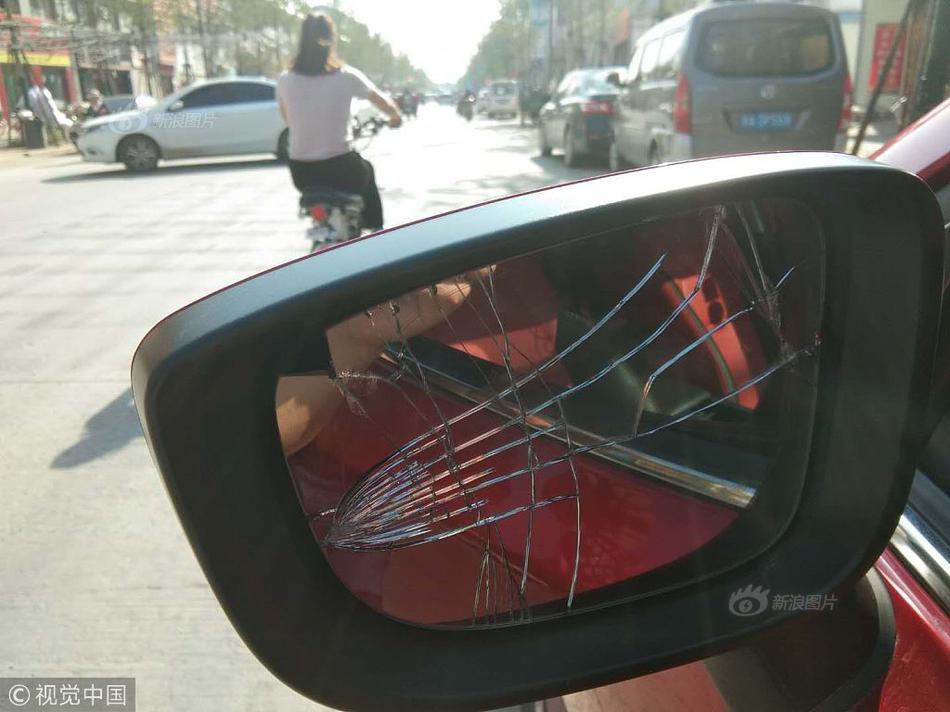
UEFA Champions League live streaming app-APP, download it now, new users will receive a novice gift pack.
App to watch Champions League live free
author: 2025-01-15 18:51 Free sports events uefa champions league app android
Free sports events uefa champions league app android
473.78MB
Check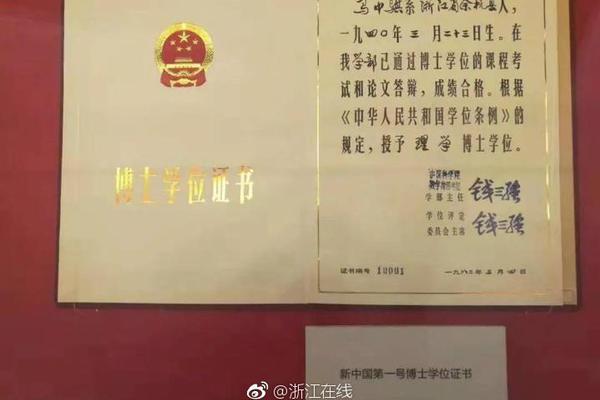 UEFA European championship
UEFA European championship
191.92MB
Check casino plus free 100
casino plus free 100
386.64MB
Check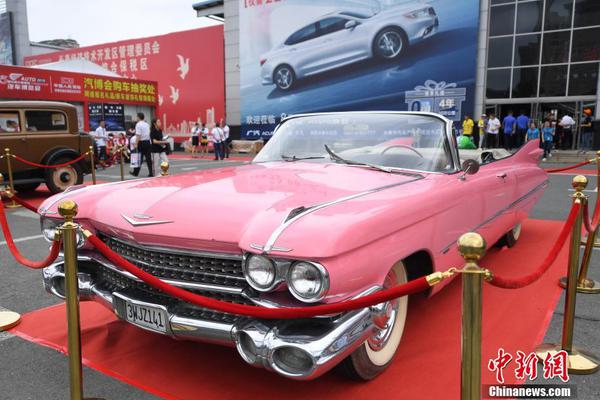 Casino Plus app
Casino Plus app
183.48MB
Check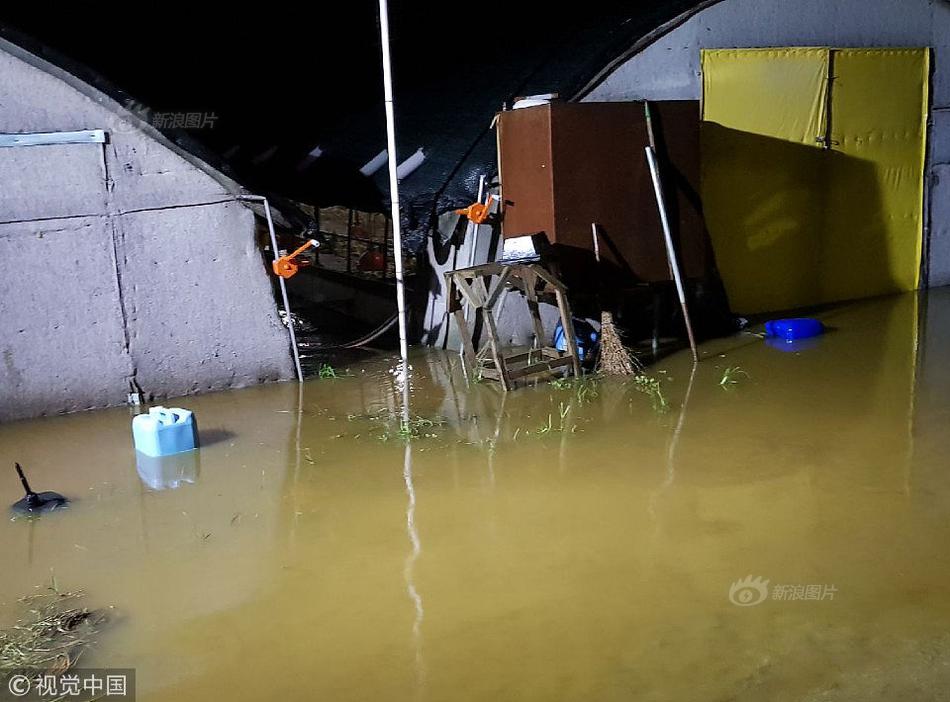 Arena Plus login
Arena Plus login
813.62MB
Check UEFA Champions League live streaming app
UEFA Champions League live streaming app
799.42MB
Check bingo plus update today
bingo plus update today
382.44MB
Check Casino Plus GCash login
Casino Plus GCash login
555.66MB
Check Casino free 100 no deposit
Casino free 100 no deposit
515.12MB
Check App to watch Champions League live free
App to watch Champions League live free
744.51MB
Check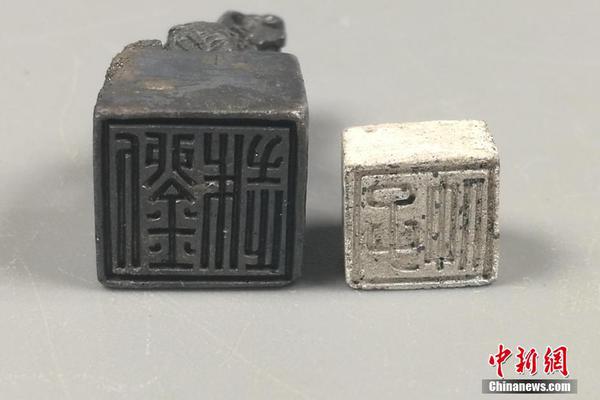 Arena plus APK
Arena plus APK
527.99MB
Check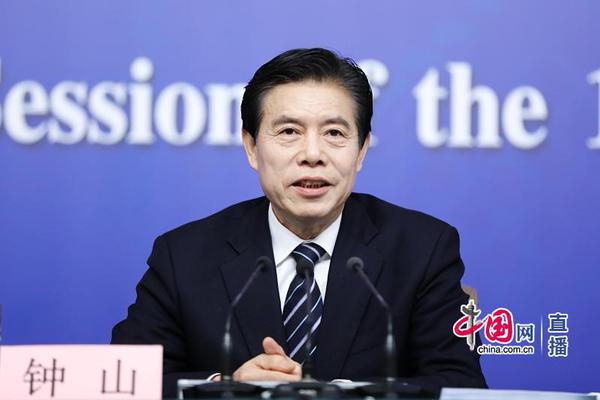 casino plus free 100
casino plus free 100
338.57MB
Check Hearthstone arena class win rates reddit
Hearthstone arena class win rates reddit
376.24MB
Check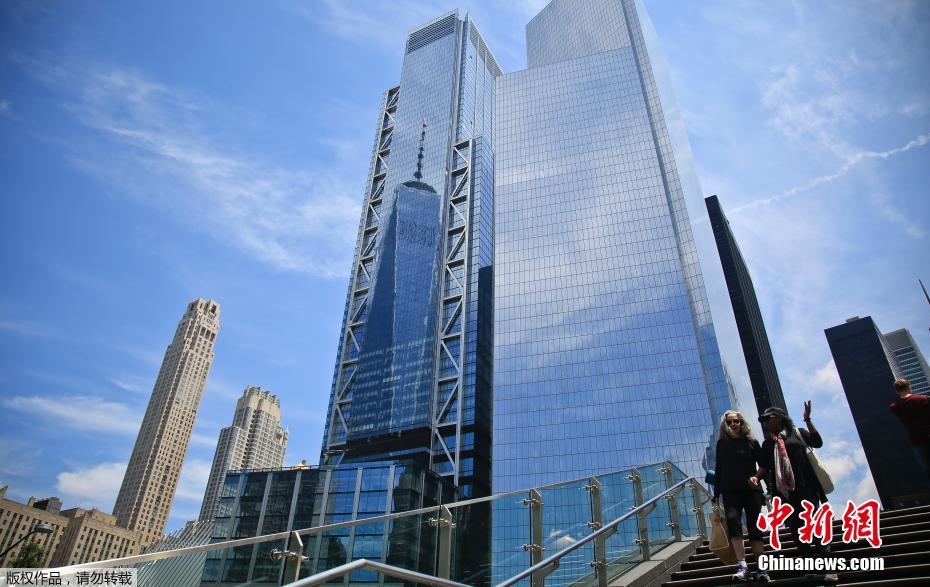 DigiPlus stock
DigiPlus stock
463.47MB
Check Hearthstone deck
Hearthstone deck
874.77MB
Check Hearthstone arena
Hearthstone arena
946.14MB
Check UEFA Champions League live streaming free
UEFA Champions League live streaming free
862.45MB
Check UEFA live free
UEFA live free
287.33MB
Check Arena Plus login
Arena Plus login
397.56MB
Check Bingo Plus stock
Bingo Plus stock
383.16MB
Check 100 free bonus casino no deposit GCash
100 free bonus casino no deposit GCash
998.77MB
Check Hearthstone Arena class tier list 2024
Hearthstone Arena class tier list 2024
614.79MB
Check DigiPlus Philippine
DigiPlus Philippine
629.49MB
Check DigiPlus
DigiPlus
789.14MB
Check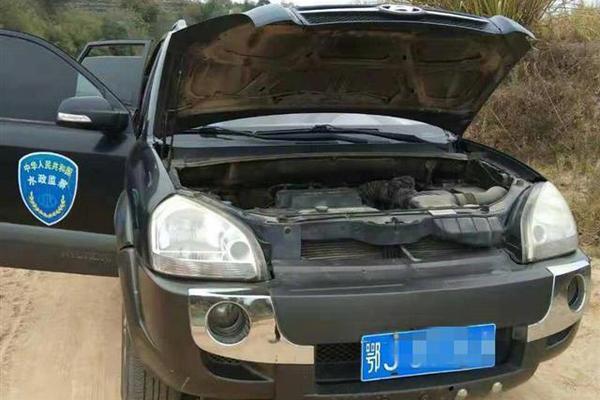 UEFA Champions League live streaming app
UEFA Champions League live streaming app
867.56MB
Check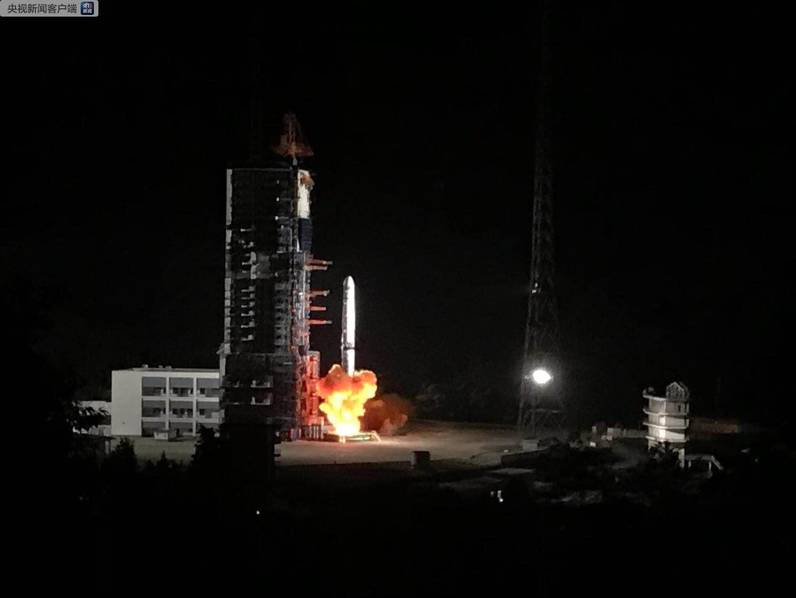 Champions League
Champions League
197.57MB
Check PAGCOR online casino free 100
PAGCOR online casino free 100
627.52MB
Check DigiPlus stock
DigiPlus stock
438.56MB
Check Champions League
Champions League
532.21MB
Check DigiPlus stock
DigiPlus stock
413.87MB
Check PAGCOR online casino free 100
PAGCOR online casino free 100
253.29MB
Check Hearthstone arena deck Builder
Hearthstone arena deck Builder
348.16MB
Check Hearthstone Arena Tier List
Hearthstone Arena Tier List
798.32MB
Check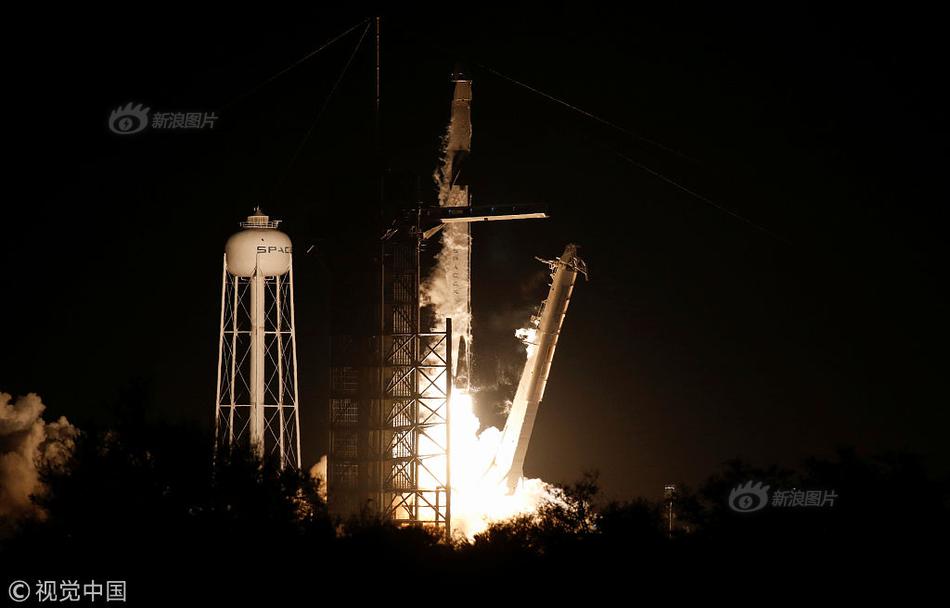 DigiPlus stock
DigiPlus stock
676.69MB
Check Free sports events uefa champions league app android
Free sports events uefa champions league app android
695.46MB
Check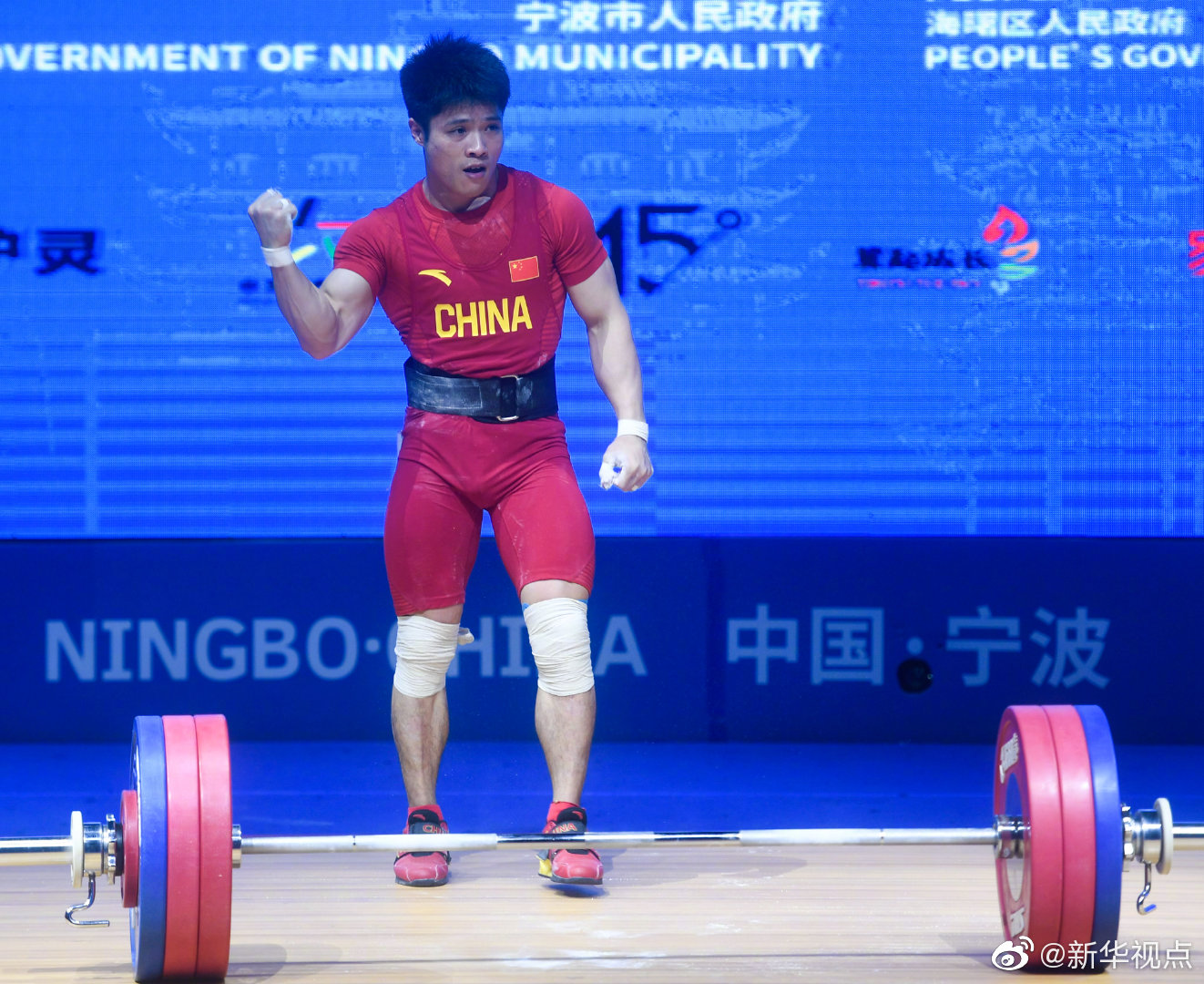 UEFA Champions League live streaming free
UEFA Champions League live streaming free
313.91MB
Check
Scan to install
UEFA Champions League live streaming app to discover more
Netizen comments More
623 Walletinvestor digi plus
2025-01-15 19:37 recommend
2188 UEFA EURO
2025-01-15 19:29 recommend
1193 LR stock price Philippines
2025-01-15 18:51 recommend
2601 UEFA live free
2025-01-15 17:59 recommend
603 UEFA Europa League
2025-01-15 17:50 recommend